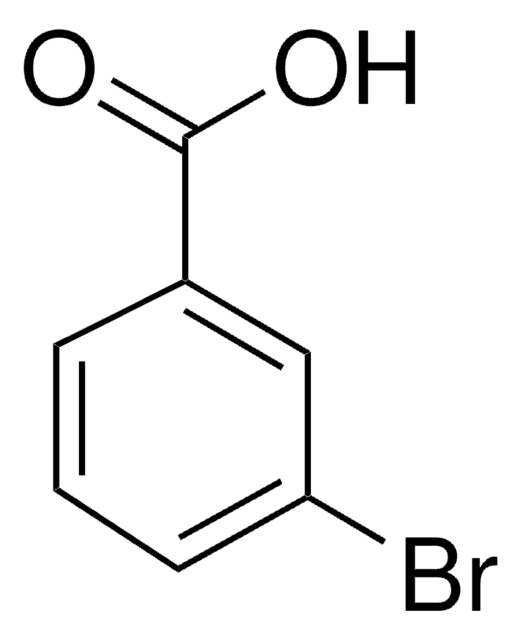777072
Phthalimidomethyl butyl trithiocarbonate
97%
Synonym(s):
Butyl TTC protected amine RAFT, Protected methylamine butyl trithiocarbonate
About This Item
Recommended Products
assay
97%
form
solid
mp
88-93 °C
storage temp.
2-8°C
SMILES string
CCCCSC(=S)SCN1C(=O)c2ccccc2C1=O
InChI
1S/C14H15NO2S3/c1-2-3-8-19-14(18)20-9-15-12(16)10-6-4-5-7-11(10)13(15)17/h4-7H,2-3,8-9H2,1H3
InChI key
OUCYVVFRLVYRSW-UHFFFAOYSA-N
General description
Application
signalword
Warning
hcodes
pcodes
Hazard Classifications
Aquatic Acute 1 - Aquatic Chronic 1
Storage Class
13 - Non Combustible Solids
wgk_germany
WGK 3
flash_point_f
Not applicable
flash_point_c
Not applicable
Choose from one of the most recent versions:
Certificates of Analysis (COA)
Don't see the Right Version?
If you require a particular version, you can look up a specific certificate by the Lot or Batch number.
Already Own This Product?
Find documentation for the products that you have recently purchased in the Document Library.
Customers Also Viewed
Articles
The modification of biomacromolecules, such as peptides and proteins, through the attachment of synthetic polymers has led to a new family of highly advanced biomaterials with enhanced properties.
Our team of scientists has experience in all areas of research including Life Science, Material Science, Chemical Synthesis, Chromatography, Analytical and many others.
Contact Technical Service

